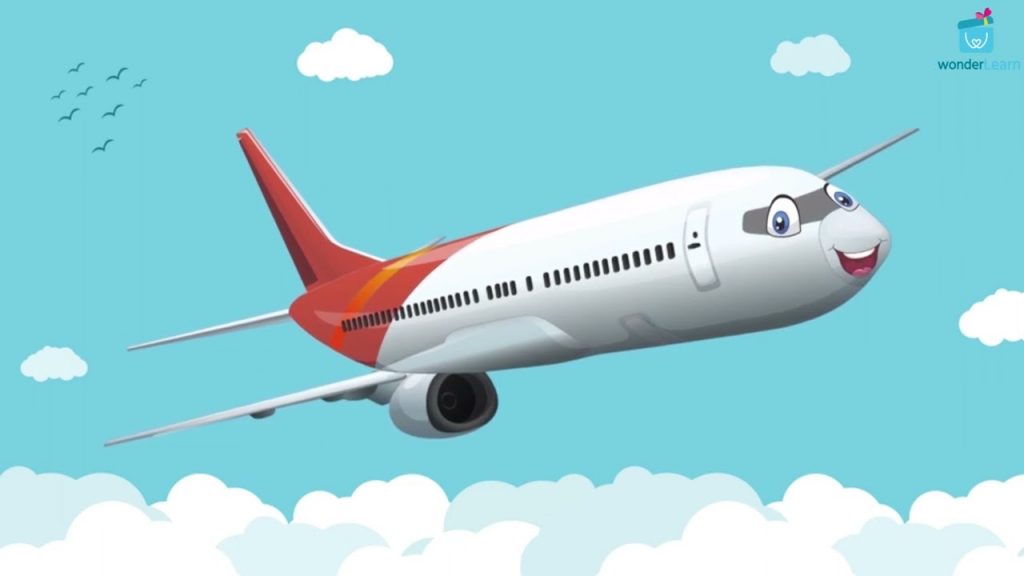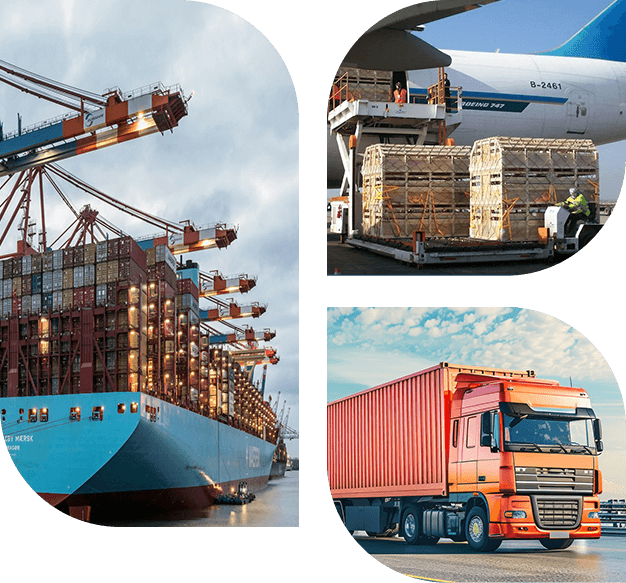Unveiling the Inherent Drawbacks of Transportation: A Comprehensive Analysis

Transportation plays a vital role in our modern society, enabling the movement of people and goods across vast distances. However, it is not without its drawbacks. In this blog post, we will delve into the five key disadvantages of transport, shedding light on the challenges and limitations that arise from this essential aspect of our daily lives.
- Environmental Impact:
Transportation, particularly the reliance on fossil fuels, contributes significantly to environmental degradation. The emission of greenhouse gases, such as carbon dioxide and nitrogen oxides, from vehicles has a detrimental effect on air quality and accelerates climate change. Additionally, the construction and maintenance of transportation infrastructure can lead to habitat destruction and fragmentation, further endangering ecosystems. - Congestion and Traffic:
As urbanization continues to rise, traffic congestion becomes a pressing issue in many cities worldwide. The sheer volume of vehicles on the road leads to increased travel times, wasted fuel, and heightened levels of stress for commuters. Traffic congestion also hampers the efficiency of transportation networks, negatively impacting productivity and economic growth. - Safety Concerns:
Transportation, especially road transport, poses significant safety risks. Accidents and collisions result in injuries, loss of life, and property damage. Factors such as human error, inadequate infrastructure, and insufficient safety regulations contribute to these risks. Addressing safety concerns requires continuous efforts in improving vehicle design, enhancing driver training, and implementing effective traffic management strategies. - Dependence on Finite Resources:
Most modes of transportation heavily rely on non-renewable resources, such as oil and gas. As these resources become scarcer and more expensive, the cost of transportation increases, affecting the affordability and accessibility of goods and services. Moreover, the geopolitical implications of resource dependence can lead to conflicts and economic instability. - Social Isolation and Inequality:
While transportation connects people and places, it can also contribute to social isolation and inequality. In rural areas or regions with limited transportation infrastructure, individuals may face difficulties accessing essential services, education, healthcare, and employment opportunities. This lack of mobility can exacerbate social disparities and hinder social and economic development.
Conclusion:
Transportation undoubtedly plays a crucial role in our interconnected world, facilitating economic growth and societal development. However, it is essential to acknowledge and address the inherent disadvantages associated with transportation. By investing in sustainable and efficient transportation systems, promoting alternative modes of transport, and adopting innovative technologies, we can mitigate these drawbacks and pave the way for a more inclusive, environmentally friendly, and safer future.


